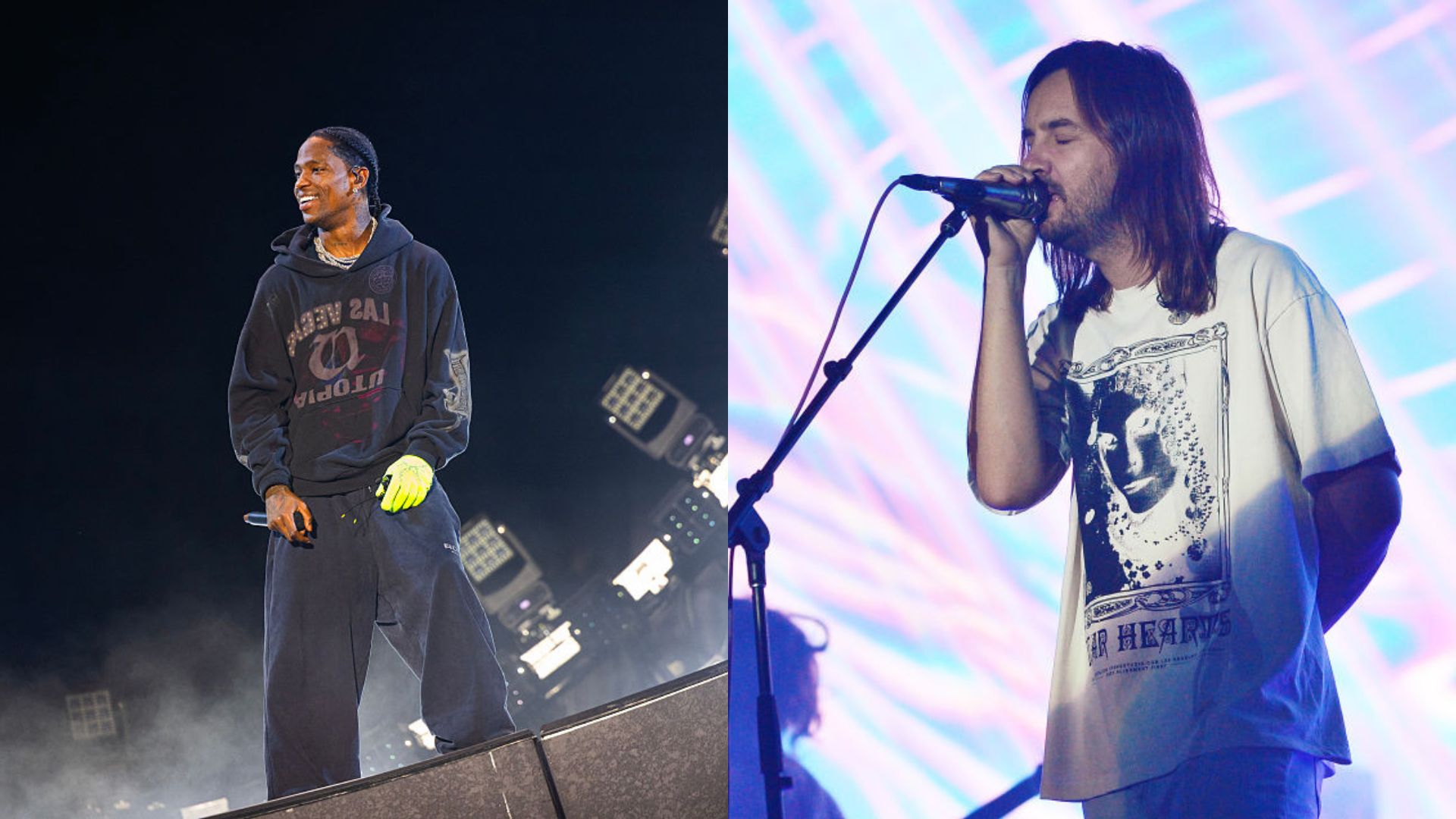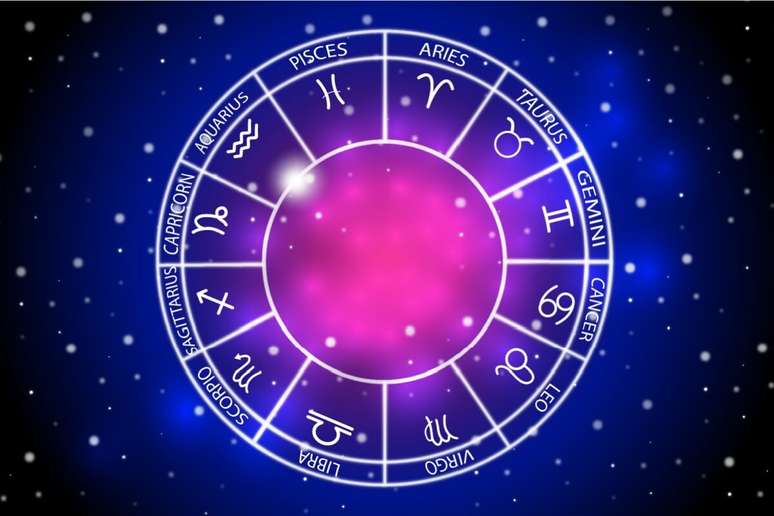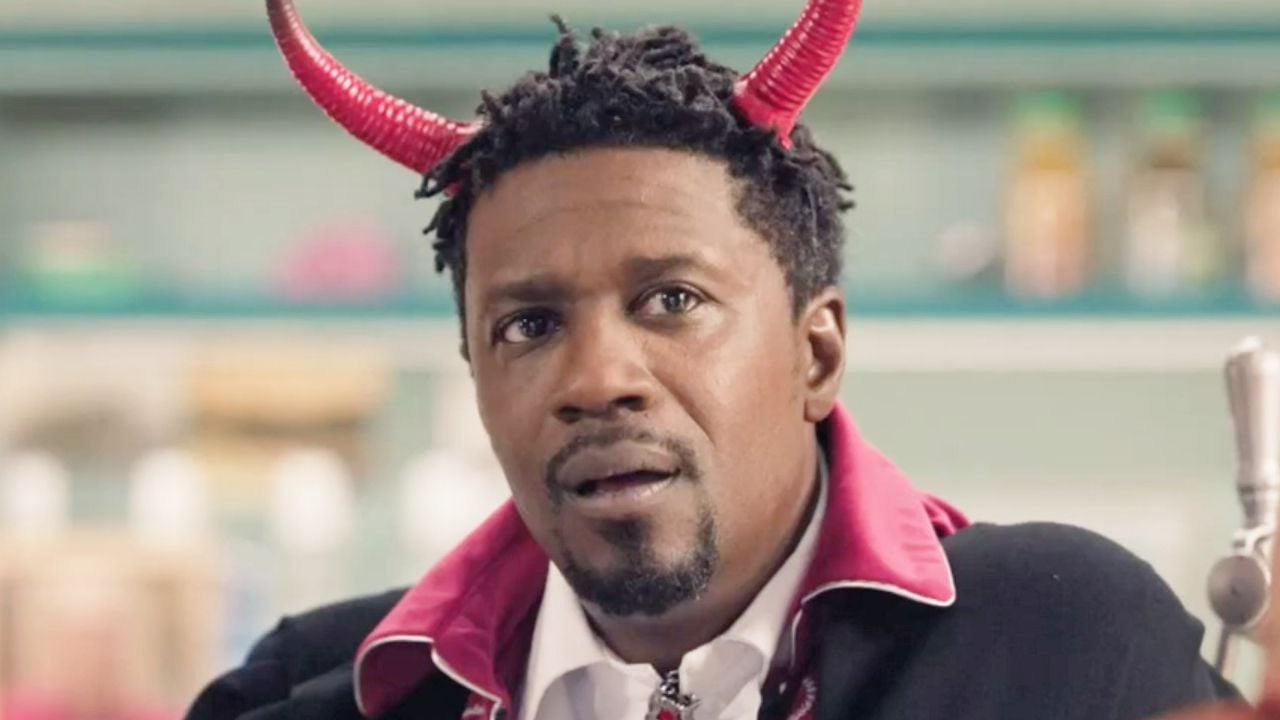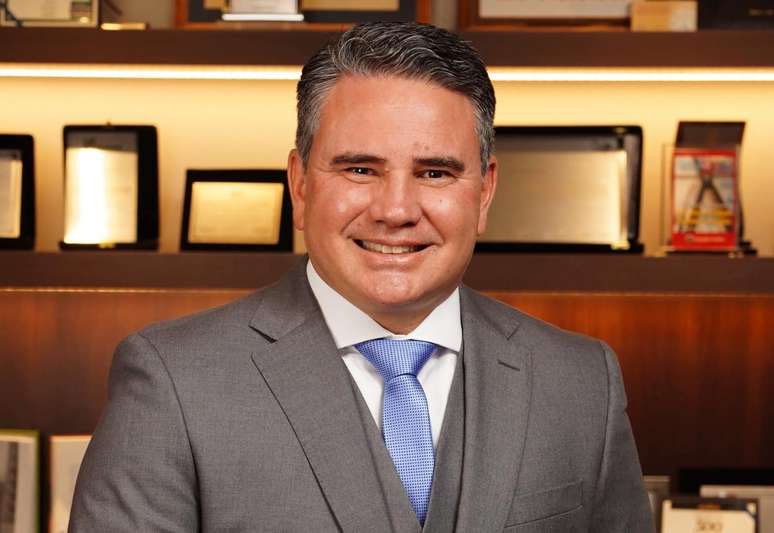Nothing is overstated when it comes to Schiavon’s impact on Brazilian pop. If Paulo Ricardo was the voice and face of RPM, Luiz Schiavon was the musical identity; read review
The lead singer of a band inevitably ends up becoming the face of the band as well. The face and voice of RPM is vocalist Paulo Ricardo. He was also at the forefront of making the band – the rock genre, in its origins, always something underground – a group of rock stars, the first in Brazil in this sense.
However, RPM would not have accomplished its musical revolution without the talent of musician and composer Luiz Schiavon, who died on Thursday 15 June at the age of 64 from an autoimmune disease.
Born in São Paulo in 1958, Schiavon graduated from the Mário de Andrade Conservatory. I mean, he studied piano scholar, classically trained. But their ears, already in the 70s, were turned to rock bands.
One of them was Deep Purple. The British group, which emerged in the 1968s, is considered one of the pioneers of modern rock with a blend of baroque, psychedelia, blues and progressive rock. The young Schiavon also had a Deep Purple cover band, in which he also had his first meeting with Paulo Ricardo. Bands like Yes, Genesis and Emerson, Lake & Palmer were still on Schiavon’s radar.
Yes and Emerson, Lake & Palmer used synthesizers – a type of keyboard that has the function of reproducing timbres and simulating other instruments, something totally condemned by the most purist of rock. Schiavon, a classical music expert and progressive fan, fell in love with the device. And this would be fundamental in the sound of RPM.
Schiavon was a pioneer in the use of synthesizers in national rock. They are in the introductions of Rádio Pirata, Olhar 43 and Alvorada Voraz. All three songs, of which Schiavon is the composer together with Paulo Ricardo, have become RockBR classics.
The sound that Schiavon took from synthesizers made RPM a band with its own identity, with a more palatable rock for the ears of the great Brazilian mass, not used to the heavy sound of rock bands. It has become pop. Or pop rock. No wonder, the band ended up on stage in Chacrinha, a stamp of what was, indeed, popular.
Anyone who lived through that second half of the 80s, when the Rádio Pirata tour – and the resulting album, recorded live – stormed the music charts, knows well the strength of the sound that Schiavon was able to extract from his synthesizers. Paulo, Schiavon, Fernando Deluqui (guitarist) and PA (drummer) lived out their Beatles days.
Schiavon also signed, along with other musicians, the book Revolutionaries – The Keyboards that Changed Music Forever – in which he helped tell the story of the development of synthesizers. Nothing is exaggerated when speaking of the importance of Schiavon in Brazilian music. Not even the sounds he pulled from his own electronic paraphernalia.
Source: Terra
Earl Johnson is a music writer at Gossipify, known for his in-depth analysis and unique perspective on the industry. A graduate of USC with a degree in Music, he brings years of experience and passion to his writing. He covers the latest releases and trends, always on the lookout for the next big thing in music.







